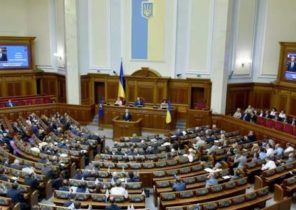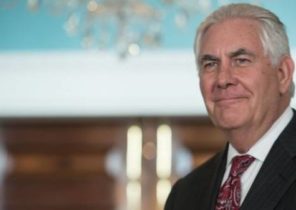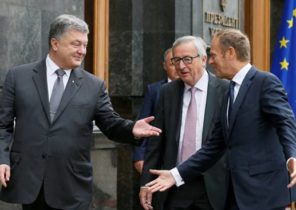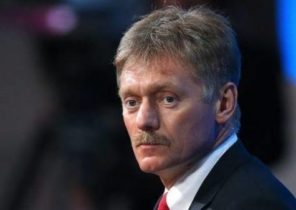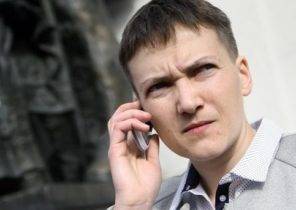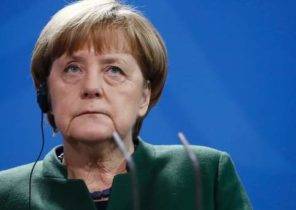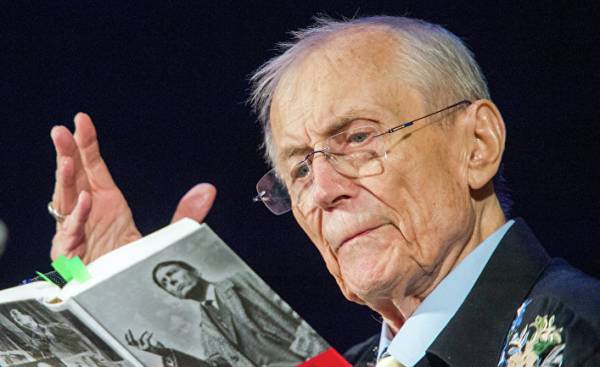
The sixties in the Soviet Union was a heady and frightening time, and, above all, for his writers. One of the greatest pop star, people’s tribune, irrepressible, flexible, radiant young hero with eyes burning and monumental gestures, which played stadiums and palaces of culture, posed with Pablo Picasso and celebrating a birthday with Robert Kennedy was Yevgeny Yevtushenko. Probably biographers aren’t quite sure he was born on 18 July 1932 in the city of Winter which is near the TRANS-Siberian railway near lake Baikal. He died Sunday in Tulsa Oklahoma in the circle of his family and closest friends, laid to rest after a hard cancerous disease. With him went the last of the “sixties.” So they called themselves, so marked Yevtushenko himself and his colleagues in the poems, the “best of generation”, “legendary”, at this time they were just starting.
Sad short period of “thaw” after Stalin’s death were a time of birth of the artist, who was giving his time to his name and was as contradictory as the whole era. The successor of Stalin, Khrushchev broke with the legacy of a tyrant, but the system remained untouched, and, above all, suspicious. People breathe, but only a few ventured upon open rebellion. Those who made it or fell out of favor for other reasons, and especially poets, have paid a high price for it. Boris Pasternak was forced to refuse the Nobel prize for literature for his novel “Doctor Zhivago” and died full of bitterness, and ridiculed. Alexander Solzhenitsyn was able to still publish his key work “One day in the life of Alexander Denisovich,” but shortly thereafter was also persecuted and was finally expelled from the country. No one took the word of a poet more seriously than the Kremlin. Nobody read more carefully than the censor. A poet in Russia is more than a poet, said Evtushenko, and it’s always sounded very proudly.
He wrote flowery praise of Stalin, but later cautions the heirs of Stalin
After all, he’s a former player who left the sport for the sake of poetry, maneuvered better than iron uncompromisingly scrupulous Solzhenitsyn or Pasternak. Although Yevtushenko was familiar with the vague humanistic idealism, first of all, he was a realist. In one of his most famous poems “the Heirs of Stalin” in 1962, he warned against the return of the dictator. On the contrary, the less common those nine years before this was written, the lines in which the then 20-year-old Yevtushenko is immersed of praise lyrics: “I know the Leader is infinitely close thoughts of our people. I believe that here, flowers will bloom, gardens will be filled with light. Because of this dream and me and you, so Stalin thinks about this.” At the funeral of Stalin, he was among the crowd of mourners and was almost trampled during the panic.
Yevtushenko was not involved in the campaign against Pasternak, he condemned the Soviet invasion of Prague, and when he praised a literary settling of accounts with Stalinism, “Not by bread alone” Vladimir Dudintsev, he was expelled from the Literary Institute named after Maxim Gorky. And, of course, in 1961 he wrote “Babi Yar”, its most important poem about the murder of tens of thousands of Jews by the Nazis in a ravine near Kiev. “I am every old man executed here. I — shot child everyone here. /International, let it thunder when forever will be buried the last anti-Semite on earth”. In these lines the poet identificeret yourself also with the Dreyfus affair, with the entire Jewish people, finally, even with Christ. At another time, in another country, his poem would be considered presumptuous. But in the Soviet Union, where many did not know that the victims were Jews, it was unheard of revelation.
So, he soared above the rest of “the sixties”, above his first wife Bella Akhmadulina and Andrei Voznesensky. Yevtushenko spoke with Fidel Castro in Cuba, with the socialist President Salvador Allende in Chile. After the murder of Allende Yevtushenko devoted a poem “the Dove in Santiago”, which many years later he read in Santiago in front of a huge number of people. In Chile, the poet appreciated as much as in Russia. It was not the cruel life of a dissident, and what he in his book “Wolf’s passport” had always considered themselves to be the protesters, some will never forgive him. But others have found themselves in a conflict between the adaptability and rebellion, joy and pathos. Most forgave him for the fact that the literary content of his writing often remains behind the actual message is against racism, against the war in Vietnam.
The Russian Prime Minister announced that Yevtushenko found the key to men’s souls During the restructuring Yevtushenko became a Deputy in Parliament, but in the early nineties moved to America, taught Russian lyrics at the University of Tulsa and hated to put poor rating.
The question arises, if he wanted ever to hurt somebody. Not only, as we all know, the Russian government is sensitive grieving for him today. Prime Minister Dmitry Medvedev said on social networks that Yevtushenko has found the “key to the souls of people,” press Secretary of the Kremlin Dmitry Peskov said that his legacy belongs to the “Russian culture”. Yevtushenko, who also made films, will be buried in the village of artists in Peredelkino near Moscow near Boris Pasternak. A great series of concerts in his honor in Moscow this summer should not be in any case cancelled, he insisted before his death. Definitely, he will gather halls.

